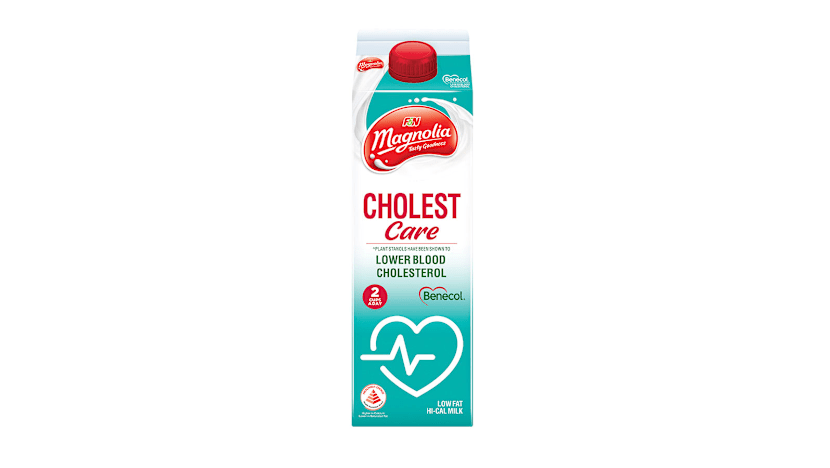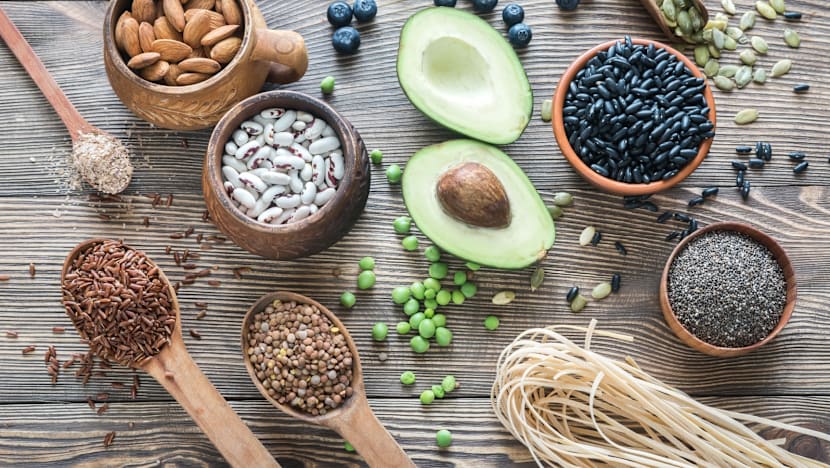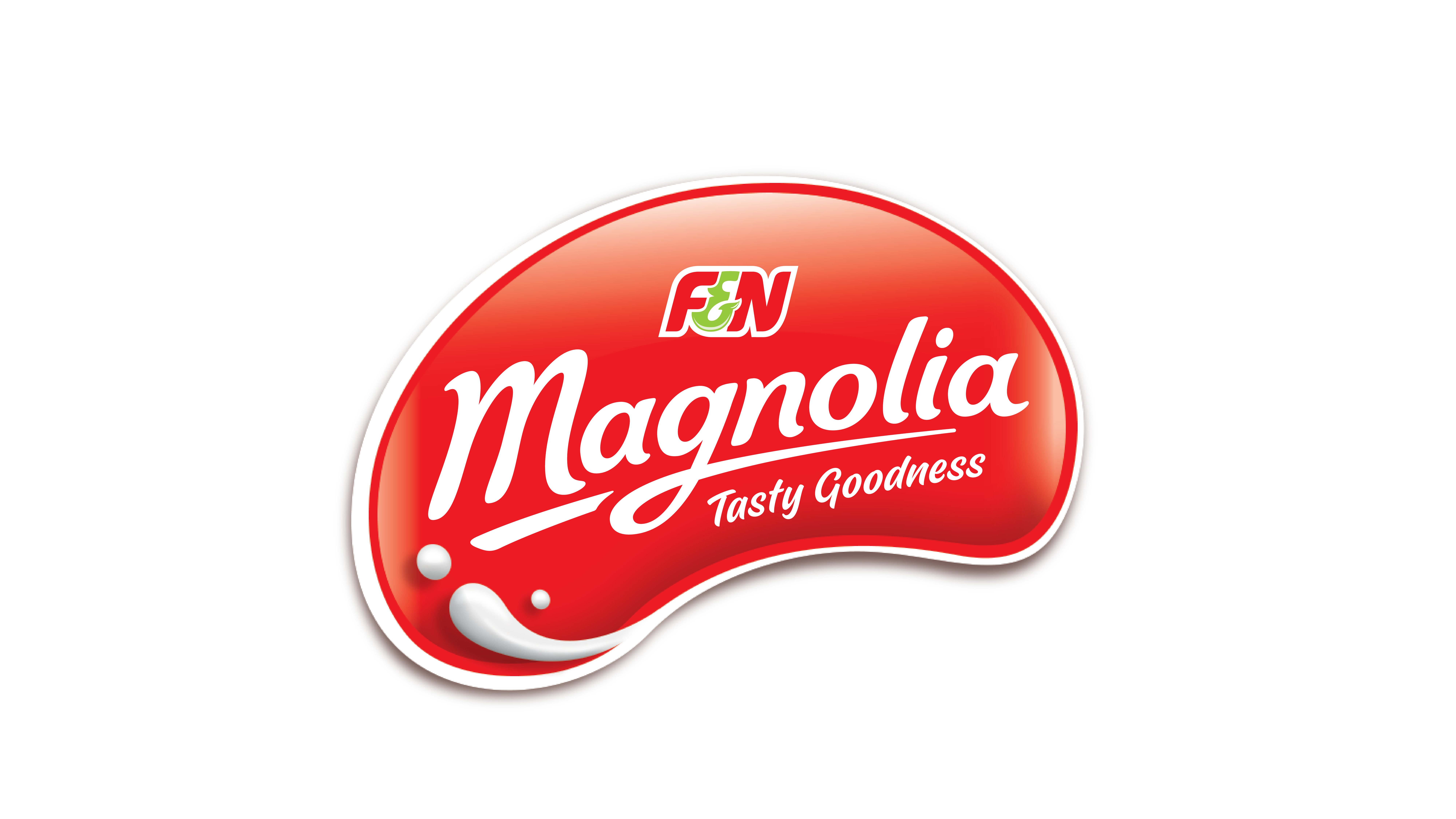Raise a glass to a healthier heart
Learn how a daily serving of plant stanols in milk, paired with a balanced lifestyle, may help support cholesterol management.

Two cups a day of Magnolia Cholest Care may help promote heart health. Photos: F&N Foods, Shutterstock

This audio is generated by an AI tool.
Cardiovascular disease, which includes heart disease, peripheral vascular disease and stroke, is among the leading causes of death worldwide. In Singapore, it accounts for almost one in three deaths, according to the Ministry of Health.
A major risk factor is high blood cholesterol, a waxy fat-like substance found in the bloodstream. Low-density lipoprotein (LDL), or ‘bad’ cholesterol, can cause fatty deposits in the arteries. According to HealthHub, high amounts can narrow blood vessels, increasing the likelihood of heart attack or stroke. The World Heart Federation estimates that about 24 per cent of cardiovascular-related deaths are linked to high LDL cholesterol.
Professor Emerita of Clinical Nutrition at the University of Eastern Finland and senior lecturer in Internal Medicine at the University of Helsinki Helena Gylling said: “LDL cholesterol is a key contributor to atherosclerotic cardiovascular diseases – including coronary heart disease, stroke and peripheral vascular disease – which together account for over one in five deaths globally.”
WHY EVERYDAY HABITS MATTER

While genetics can influence cholesterol, much of the risk comes from daily behaviours such as a sedentary routine, smoking and diets high in saturated and trans fats. In Singapore’s vibrant food scene, many popular dishes derive their rich flavours from ingredients high in saturated fat, which may contribute to elevated cholesterol.
The good news? These are modifiable risk factors. By adjusting eating habits and incorporating regular physical activity, it is possible to lower LDL cholesterol. Certain foods and nutrients can also play a role in cholesterol management – one of them is plant stanols.
WHAT ARE PLANT STANOLS?
Plant stanols are naturally occurring compounds found in foods such as nuts, fruits, cereals and grains, but only in trace amounts. For example, 100g of tomatoes contains around 1mg of these compounds. For perspective, you would need to eat about 200kg of tomatoes in a day to get just 2g of plant stanols.
Research from the National Lipid Association and the British Dietetic Association shows that daily intake of 1.5g to 3g of plant stanols plant stanols, taken with a main meal, may lower LDL cholesterol by 7.5 to 12 per cent within two to three weeks. However, the effect can vary between individuals and taking more than 3g is unlikely to provide additional benefit.
Prof Gylling explained that plant stanols help lower LDL cholesterol by limiting how much cholesterol is absorbed in the gut. Most plant stanols leave the body in the stools together with the unabsorbed cholesterol, which, over time, helps lower LDL levels.
A SIMPLE WAY TO GET YOUR DAILY STANOLS

Obtaining enough plant stanols from everyday foods can be challenging. Magnolia Cholest Care offers a convenient option for those managing their cholesterol, delivering the amount shown to lower LDL levels when consumed as part of a balanced diet. Just two cups a day provide 2g of plant stanols.
Made with fresh milk, Magnolia Cholest Care is preservative-free, halal-certified and contains no added sugar. It is rated Nutri-Grade B, trans fat-free and low in saturated fat, making it a heart-friendly choice.
The product contains plant stanol ester from Benecol, a global functional food brand owned by Finland’s Raisio Group. According to Benecol, plant stanol ester is made by combining plant stanols with rapeseed oil. This fat-soluble ingredient can be added to various foods and may help lower cholesterol when eaten with meals, explained Prof Gylling.
She noted that plant stanol ester has been extensively researched in more than 80 clinical, randomised controlled trials over the past 30 years, with no adverse effects reported.
PLANT STANOLS AND BALANCED EATING

Plant stanol products are most effective when used alongside a heart-healthy lifestyle and smart dietary choices.
Prof Gylling recommends replacing saturated and trans fats with healthier alternatives like soybean, sunflower and olive oil. She also highlights the importance of increasing soluble fibre intake through legumes, fruits, vegetables and wholegrains. To keep dietary cholesterol in check, she suggests eating fewer egg yolks and incorporating more plant-based meals.
For those taking plant stanol ester products, she advises consuming them as part of a main meal. “That way, they can do their job in the intestine to reduce cholesterol absorption – a simple step that can be part of your heart health routine,” she explained.
Magnolia Cholest Care retails at S$3.95 in major supermarkets, hypermarkets and online via F&N Life and F&N Life Milk Subscription Plans. Subscribers to the Magnolia Cholest Care 3 Weeks Plan will receive a voucher to check their cholesterol levels. Terms and conditions apply.
Magnolia Cholest Care is not intended to diagnose, treat, cure or prevent any chronic illnesses. Results may vary between individuals. Functional foods should always be consumed as part of a balanced diet and healthy lifestyle. It may not be nutritionally appropriate for pregnant, breast-feeding women and children under five years old. Consult your healthcare professional before consuming the milk if you have an existing cholesterol-lowering medication.















